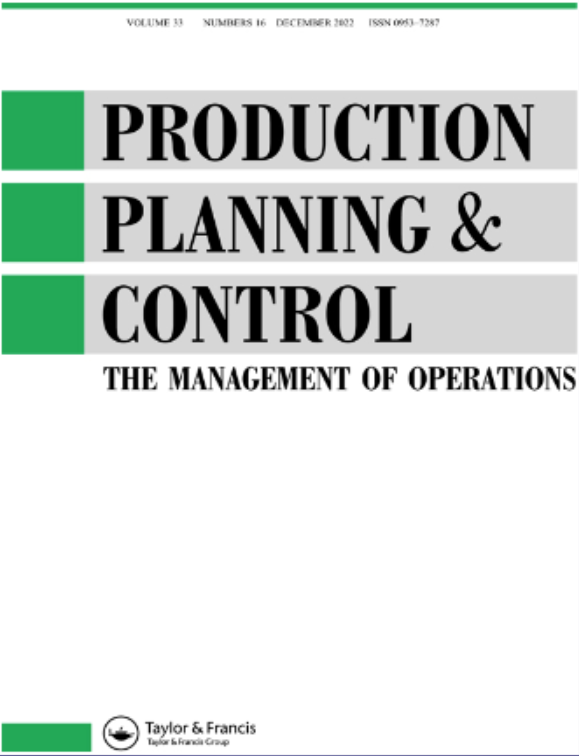Understanding and eliminating waste in Engineer-To-Order (ETO) projects: a multiple case study
IF 5.4
3区 管理学
Q1 ENGINEERING, INDUSTRIAL
引用次数: 8
Abstract
Abstract This article explores how waste reduction approaches as found in lean thinking can be applied to engineering design in Engineer-To-Order (ETO) projects based on a multiple case study of ten companies over a 2-year period. ETO projects deliver capital goods that are customised to individual customer requirements. Customisation and ultimately value generation are achieved through an iterative engineering design process. Although inevitable, iterative engineering design allows much leeway for waste generation, expressed in higher costs and longer lead times. Accordingly, this paper investigates the iterative nature of engineering design in current practice and discusses how these iterations create wastes. It applies the concept of lean engineering design and elaborates on how this concept can eliminate wastes. The findings extend the literature on lean thinking by demonstrating its applicability to engineering design and provide a unique description of the most common wastes found in ETO projects. Furthermore, this article provides managerial implications on how lean engineering design can eliminate wastes and ultimately improve ETO project performance based on lessons learned from the case companies.理解和消除工程订单(ETO)项目中的浪费:一个多案例研究
摘要本文通过对十家公司为期两年的多个案例研究,探讨了精益思维中发现的减少浪费的方法如何应用于工程师到订单(ETO)项目的工程设计。经贸办项目交付的资本货物是根据个别客户的要求定制的。定制和最终的价值生成是通过迭代的工程设计过程实现的。虽然迭代工程设计是不可避免的,但它给浪费的产生留下了很大的余地,表现为更高的成本和更长的交货时间。因此,本文研究了当前工程设计实践中的迭代本质,并讨论了这些迭代是如何产生浪费的。它应用了精益工程设计的概念,并详细阐述了这一概念如何消除浪费。研究结果通过证明精益思维对工程设计的适用性,扩展了精益思维的文献,并提供了对ETO项目中最常见浪费的独特描述。此外,本文还根据案例公司的经验教训,提供了精益工程设计如何消除浪费并最终提高ETO项目绩效的管理启示。
本文章由计算机程序翻译,如有差异,请以英文原文为准。
求助全文
约1分钟内获得全文
求助全文
来源期刊

Production Planning & Control
管理科学-工程:工业
CiteScore
19.30
自引率
9.60%
发文量
72
审稿时长
6-12 weeks
期刊介绍:
Production Planning & Control is an international journal that focuses on research papers concerning operations management across industries. It emphasizes research originating from industrial needs that can provide guidance to managers and future researchers. Papers accepted by "Production Planning & Control" should address emerging industrial needs, clearly outlining the nature of the industrial problem. Any suitable research methods may be employed, and each paper should justify the method used. Case studies illustrating international significance are encouraged. Authors are encouraged to relate their work to existing knowledge in the field, particularly regarding its implications for management practice and future research agendas.
 求助内容:
求助内容: 应助结果提醒方式:
应助结果提醒方式:


